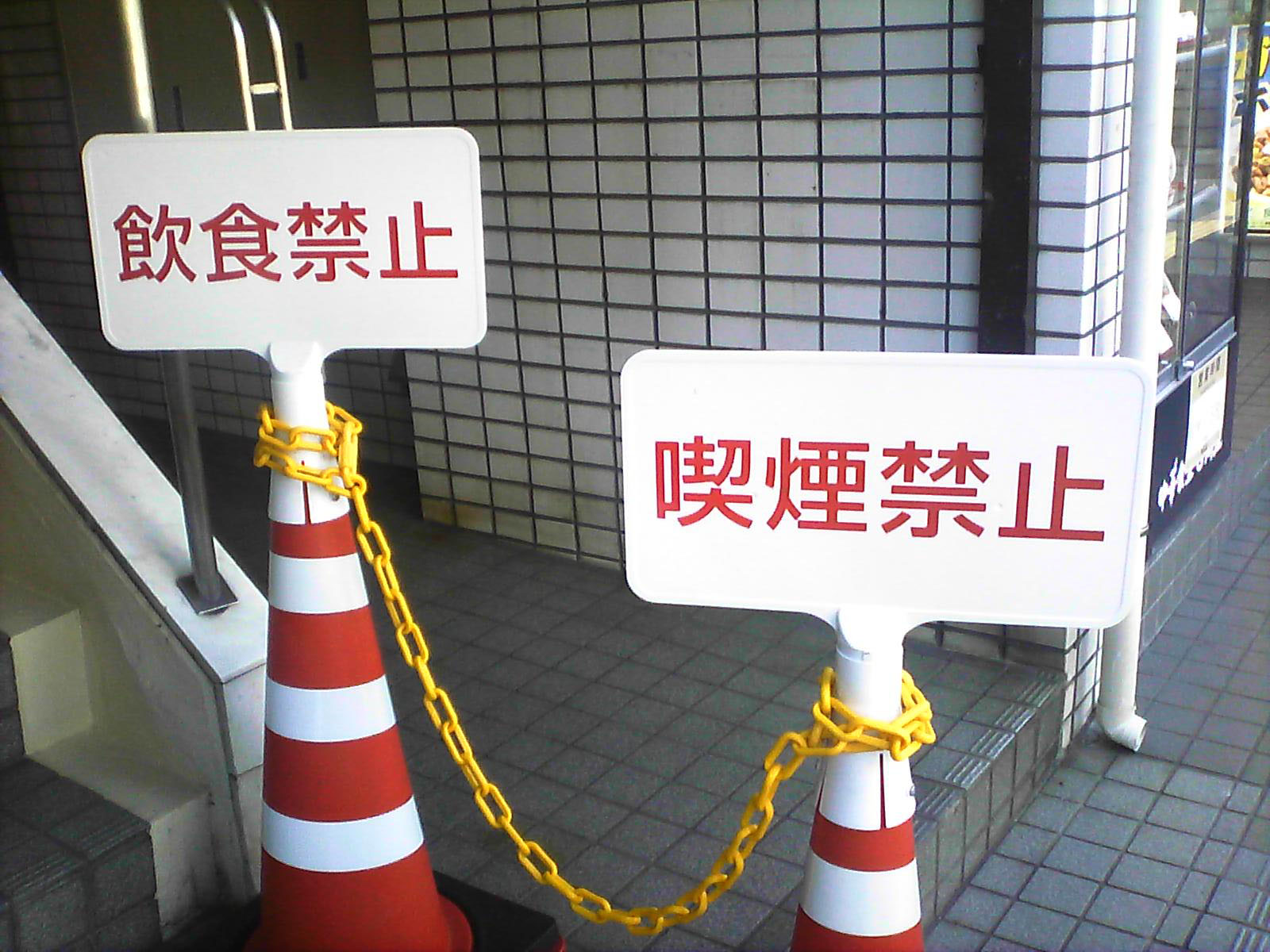Four is not a particularly lucky number in Japanese. Having one reading in common with the word for "death," it tends to be avoided in everyday situations from annual company health checks (no locker No. 4 when you change clothes, as this might forebode a bad test result) to wedding ceremonies (never give ¥40,000 if you want the marriage to last).
Yet there is one phenomenon where four doesn't seem to have any negative implications at all: yoji jukugo (四字熟語). These are "four-character idioms," as the term literally translates, with a distinctive, often proverbial or aphoristic, meaning. While many of these constructions are somewhat quaint and reserved for special situations, they also occur in large quantities in everyday language.
I recently conducted a little survey, in which I asked about 60 of my students to each list three representative yoji jukugo. The most frequent term, given by 38 percent, was isseki nichō (一石二鳥), a most faithful rendition of the English "kill two birds with one stone." Next was ichigo ichie (一期一会), a reminder to "treasure every encounter, for it will never recur." Originally an expression from tea ceremony, the popularity of this saying is evidenced by the fact that the Japanese Wikipedia page offers 11 disambiguation options, including the domestic subtitle of the 1994 box office hit "Forrest Gump."

















With your current subscription plan you can comment on stories. However, before writing your first comment, please create a display name in the Profile section of your subscriber account page.